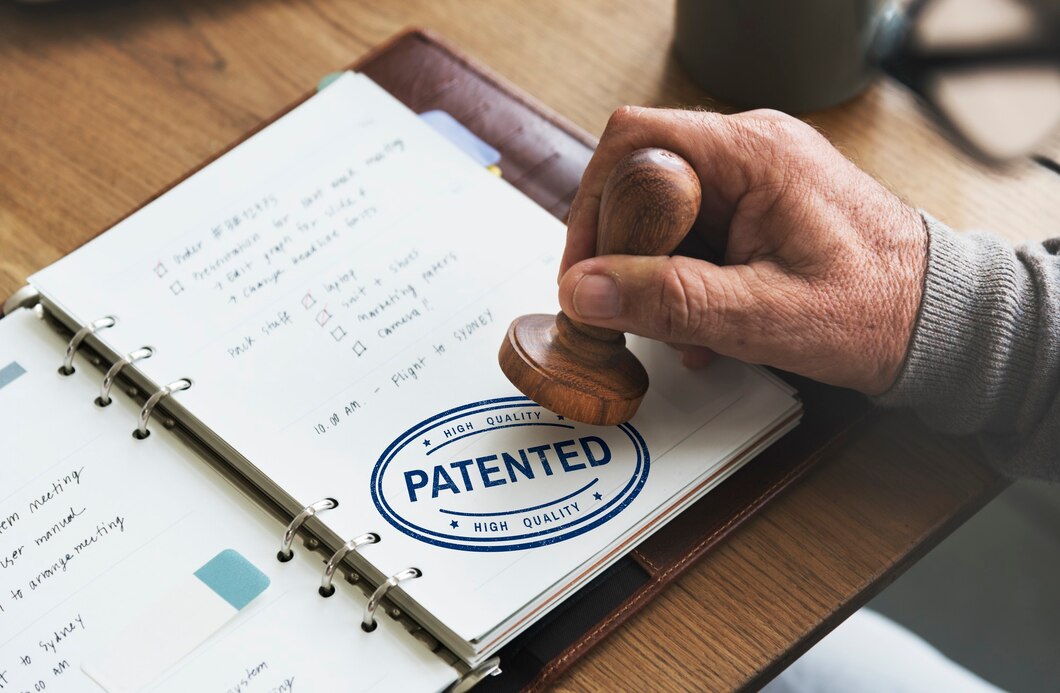Intellectual property (IP) is a vital asset for businesses, innovators, and creatives in Botswana. Whether you’re an entrepreneur, inventor, or artist, protecting your intellectual property ensures that your creations, ideas, and innovations are legally safeguarded. Without adequate protection, there is a risk of losing ownership or having your work copied or exploited by others. In Botswana, protecting intellectual property is essential for fostering business growth, maintaining a competitive edge, and ensuring long-term success.
This article will provide an in-depth guide on how to protect your intellectual property in Botswana, covering the various forms of IP, the process of registering them, and key tips for safeguarding your assets.
1. What is Intellectual Property (IP)?
Intellectual property refers to creations of the mind, such as inventions, literary and artistic works, designs, symbols, names, and images used in commerce. In Botswana, IP can be categorized into several types, including:
- Trademarks: Distinctive symbols, logos, or names that identify and distinguish goods or services of one business from another.
- Patents: Legal rights granted to inventors for new inventions, offering protection against unauthorized production, use, or sale of the invention.
- Copyright: Protection for original works of authorship, such as books, music, software, and artistic works.
- Industrial Designs: Protection for the aesthetic design or appearance of a product, such as its shape, color, texture, or pattern.
- Geographical Indications: Signs used on goods that have a specific geographical origin and possess qualities or a reputation due to that origin.
Understanding the different types of intellectual property is crucial for selecting the appropriate protection strategy.
2. Why Protect Your Intellectual Property in Botswana?
There are several reasons why protecting your intellectual property in Botswana is important:
- Exclusivity: IP protection grants you exclusive rights over your creations, preventing others from using or exploiting your work without permission.
- Revenue Generation: You can license or sell your IP rights, generating income from your creations. Patents, trademarks, and copyrights can be valuable assets that attract potential buyers or investors.
- Market Differentiation: IP protection helps you build a unique brand identity, which can be crucial for standing out in a competitive market.
- Legal Recourse: If someone infringes on your IP, legal protection gives you the right to take action through the courts or other legal avenues to stop infringement and seek compensation.
3. The Role of CIPA in Protecting Intellectual Property in Botswana
In Botswana, the Companies and Intellectual Property Authority (CIPA) is the government body responsible for the registration and protection of intellectual property rights. CIPA offers several IP services that allow businesses, entrepreneurs, and creators to protect their intellectual assets, including:
- Trademark Registration: CIPA helps individuals and businesses register trademarks to protect their logos, business names, and other distinctive signs used in commerce.
- Patent Registration: Entrepreneurs and inventors can register their new inventions with CIPA, granting them exclusive rights to use, make, or sell the invention for a certain period.
- Copyright Registration: CIPA offers a registration system for works of authorship, such as literary works, films, music, and software, providing creators with legal rights to control the use of their work.
- Industrial Design Registration: CIPA allows businesses to register the unique appearance of their products, ensuring that competitors cannot copy the design.
CIPA’s role in protecting intellectual property is vital, as it helps to create a legal framework that safeguards your innovations.
4. Steps to Protect Your Intellectual Property in Botswana
To effectively protect your intellectual property in Botswana, it’s essential to follow the proper legal processes and take necessary precautions. Below are the key steps to protect your IP:
a) Conduct an IP Audit
Before registering your intellectual property, conduct an audit to identify all potential IP assets within your business or creative work. An IP audit helps you determine which aspects of your business need protection, such as logos, inventions, original content, and trade secrets. This will allow you to focus on the most valuable assets and ensure comprehensive protection.
b) Research Existing IP Rights
Before applying for IP protection, it’s crucial to check whether your IP is already protected. For trademarks, patents, and industrial designs, you can use CIPA’s online databases to search for existing registrations. This ensures that your business name, logo, or invention is unique and doesn’t infringe on others’ rights.
c) Register Your IP with CIPA
To secure legal protection, you must register your intellectual property with CIPA. Below are the steps for registering different types of IP:
- Trademark Registration:
- Search for existing trademarks using CIPA’s database.
- Complete the trademark application form, which requires details of the mark, its owner, and the goods or services it represents.
- Submit the application and pay the registration fee.
- CIPA will review the application and, if everything is in order, issue a trademark certificate.
- Patent Registration:
- File a patent application with CIPA, providing a detailed description of the invention, including how it works and its potential uses.
- CIPA will assess the novelty and inventiveness of the invention before granting a patent.
- If granted, the patent provides exclusive rights for a set period, typically 20 years.
- Copyright Registration:
- Although copyright protection exists automatically upon creation, registering your work with CIPA provides additional legal benefits.
- Submit the work’s details, such as the title, author, and nature of the work, along with a copy of the work.
- CIPA will issue a copyright certificate once the registration is complete.
- Industrial Design Registration:
- To protect the aesthetic design of a product, submit an application with a representation of the design and a description of its features.
- CIPA will review the design and grant protection if it meets the necessary criteria.
d) Monitor and Enforce Your Rights
Once your intellectual property is protected, it’s important to monitor its use and take action against any infringement. CIPA’s role extends beyond registration, as it can assist in resolving disputes and offering guidance on how to protect your IP rights. You can also seek legal advice if someone infringes on your IP, and take appropriate legal action to stop them and seek damages.
e) Consider International Protection
If you plan to expand your business internationally, consider protecting your intellectual property in other countries. Botswana is a signatory to several international IP treaties, including the World Intellectual Property Organization (WIPO) treaties and the Paris Convention for the Protection of Industrial Property. These treaties allow you to extend the protection of your trademarks, patents, and industrial designs beyond Botswana.
5. Additional Tips for Protecting Your Intellectual Property in Botswana
- Non-Disclosure Agreements (NDAs): When sharing sensitive business information or ideas with potential partners, investors, or employees, always use a Non-Disclosure Agreement (NDA) to protect your trade secrets.
- Register Domain Names: Ensure that you register your business’s domain name and social media handles to prevent others from using them.
- Keep Detailed Records: Maintain thorough records of your work, including drafts, sketches, and correspondence, to prove ownership and the creation timeline.
Protecting your intellectual property in Botswana is an essential step for safeguarding your business’s innovations and creative assets. By registering your IP with CIPA, monitoring its use, and taking proactive steps to prevent infringement, you can ensure that your ideas remain yours and are legally protected. Intellectual property is a valuable asset that can enhance your business’s competitive edge, and understanding how to protect it will position you for long-term success in Botswana’s dynamic business environment.






